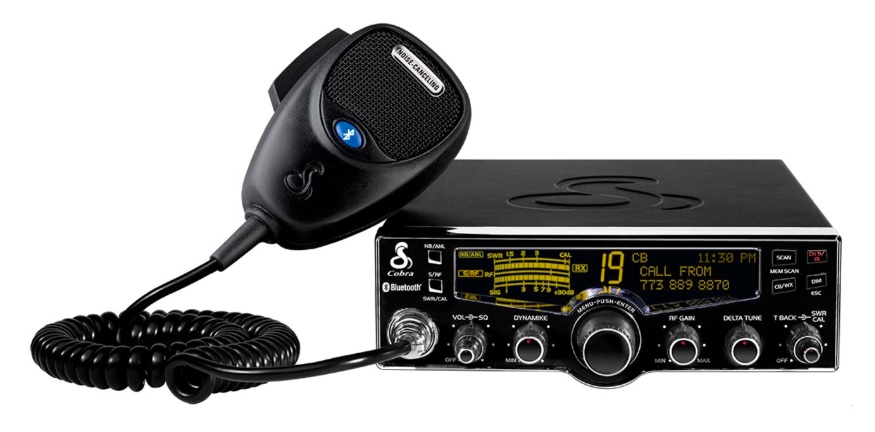(Source: The Washington Post via Jeff McMahan)
CHICAGO — Cedar Electronics has been selling CB radios to American truckers since the 1960s, helping connect the workers who keep the U.S. economy rolling. But these days Cedar’s business isn’t exactly trucking along.
The Chicago-headquartered company is racing around Asia looking for other countries to host its manufacturing, after the radios Cedar makes in China and brings to the United States were hit with one of the Trump administration’s 25 percent tariffs this summer, making them more expensive to import.
The White House’s decision to extend its tariff campaign to an even broader range of Chinese imports starting Monday is putting similar pressure on more U.S. companies to uproot their Chinese manufacturing, and to consider layoffs, price hikes and investment cuts.
[…]Cedar Electronics’ predecessor company was the first to introduce CB radios to the market decades ago. “We like to joke it was the first social media device,” Karnes said. The radios, made famous by movies like “Smokey and the Bandit,” are still used by many truckers, despite the advent of cellphones.
Steven Fields, a trucker based in Kansas City, Mo., said he uses a CB to warn other drivers about bad weather and accidents. “Being prepared can make a big difference between a miserable trip and a safe trip,” he said.
About 15 years ago, Cedar moved its manufacturing to China to save money on parts and labor, Karnes said.
Cedar imports almost all of its Cobra-brand CBs to North America, where it holds almost 80 percent of the market. The radios are mostly sold at large truck stops, for $99 to $199, depending on the model.
When Cedar learned its CBs would be included on the initial tariff list targeting $50 billion in imports, it applied for an exemption and imported additional inventory by costly airfreight to have stock on hand before the tariffs took effect. That gave the company enough CBs to meet demand through September without having to raise prices, Karnes said.
Click here to read the full story and comment at The Washington Post.

